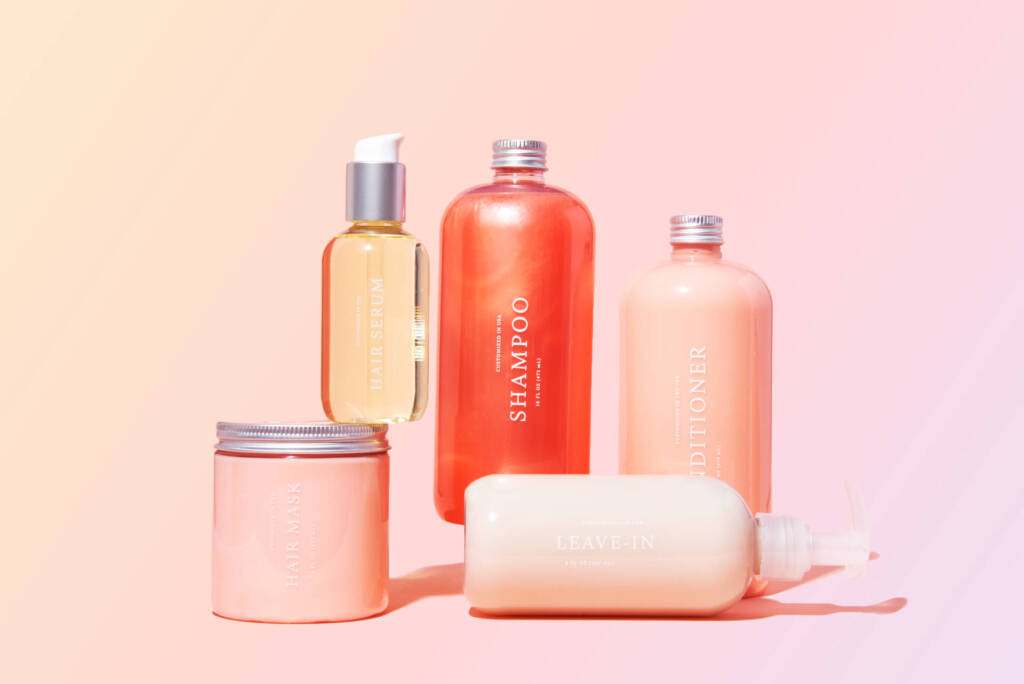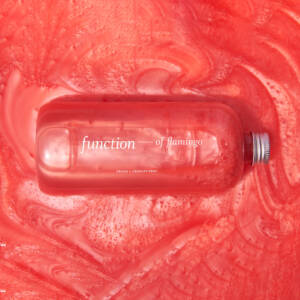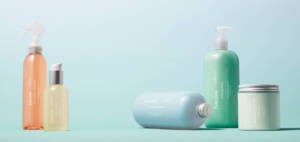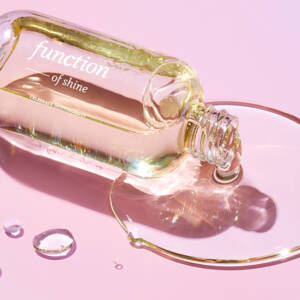Disclaimer: The information provided is not intended as medical advice. For any medical concerns, always contact your doctor.
How does dry shampoo work? Anyone familiar with this powdery hair product knows that it’s made to absorb the excess oil that shows up in between wash days. For those prone to oily scalp, dry shampoo can be a saving grace. It can make dirty hair look clean even if you haven’t washed it in days.
But how does dry shampoo work and is it good for your hair? Let’s take a dive into how this starchy product works along with its potential benefits (and drawbacks) for hair.
How Does Dry Shampoo Work: The Scoop on Dry Hair Cleaning
Before answering the question about how dry shampoo works, let’s explain why this product has become a necessity for so many. Dry shampoo came on the market as a way to quickly and effectively make hair look cleaner on days when you just don’t want to wash it. (Everyone knows that hair looks and feels the softest after we’ve jumped out of the shower!)
But maintaining this fresh look everyday is a big effort — an effort that’s pretty unnecessary and even detrimental to your hair. In fact, frequent hair washing has been found to strip away natural oils, leading to dry hair. Dry shampoo works as an alternative to regular shampoo, helping you maintain that just-washed look in between wash days.
You may be wondering how you collect all this oil and dirt in your hair when you probably don’t directly expose your tresses to elements that’ll make it dirty. In reality, most of the impurities that collect in your hair are hard to detect but impossible to avoid. From the moment you walk out of the house, you expose your hair to pollutants and impurities from the air, environment, and anything you touch.
So, how does dry shampoo work to remove these impurities or at least make them less noticeable? Dry shampoo products are made from ingredients with oil-absorbing capabilities — for example, clay, rice starch, and alcohol.
Dry shampoo has the ability to absorb hydrophobic (aka water-repelling) chemicals that build up in your hair and make it look greasy. This process allows it to remove dirt and sebum from hair, replacing the latter with a silicone that makes the hair look shiny and soft.
Pros and Cons of Dry Shampoo
Now that you know how dry shampoo works, let’s discuss just how good it can be for your hair. With a product that can freshen hair so quickly and leave it looking clean and soft there must be some sort of catch, right? We know that dry shampoo can fulfill many hair needs, but what are the real upsides and downsides of using it? Let’s take a look.
Benefits of Using Dry Shampoo
As we’ve mentioned, hair gets dirty and oily even when just going about your regular day. Dry shampoo provides a simple way to get rid of the look and smell of dirty hair and oiliness. When you use a little bit on your locks, you can once again enjoy cute hairstyles without worrying about your mane looking greasy or unclean. Dry shampoos also come in a variety of scents that’ll help make your hair smell fresher.
There are many options when it comes to dry shampoos these days. You can purchase them in powder form or as an aerosol spray. Both types can be applied directly to the roots of your hair and brushed out to disguise grease and dirt. You can even purchase ones made specifically for your hair color and type.
For instance, if you have dark hair, there are specific dry shampoos made to blend in with your color and not leave that white flaky finish that makes your hair look like it was tossed with baby powder. If you have extra oily hair, there are dry shampoos made to soak up excess oil and leave a matte finish. And if you have flat or fine hair, there are dry shampoos made to give you an extra boost of much-needed volume.
Downsides to Dry Shampoo
How does dry shampoo work against your hair? While dry shampoo is a great way to temporarily boost the look of clean hair, it’s not a permanent solution to shampooing and is not something that should be used as a daily fix.
Overusing dry shampoo can leave product buildup and white residue on hair. This in turn leaves hair texture feeling coarser and can actually get in the way of your natural oil production, making hair feel more brittle and weak. The residue that it leaves can even block hair follicles, which can then lead to breakouts.
Many dry shampoos are scented to make the hair smell better between wash days. For people with sensitive scalps, this can cause itchiness. If this is the case for you, it’s best to opt for an unscented version of this styling product.
If you experience excess itching or dryness from your dry shampoo, contact a dermatologist ASAP. You can also learn how to spot the difference between dry scalp and dandruff.
How to Use Dry Shampoo
Knowing the potential downsides of dry shampoo, you may be wondering if you should even use this product on your hair at all. The answer is yes — in moderation.
Dry shampoo is an effective product to use when your hair is looking greasy or dirty and you want to avoid overwashing your hair. But it shouldn’t be used daily and definitely shouldn’t replace shampooing all together.
If you use dry shampoo frequently, it’s important to use a leave-in conditioner to protect your hair from dryness and hydrate locks without weighing them down. Function of Beauty’s custom leave-in treatment is formulated with a blend of ingredients like avocado oil, argan oil, and coffee extract that can help smooth out frizz and flyaways from your dry hair while adding a dose of shine.
Just be sure to apply dry shampoo mainly to your roots as this is where the majority of hair oils build up. Then, focus on hydrating the ends of your tresses with a leave-in.
Hair Care Beyond Dry Shampoo
When used in moderation, dry shampoo can be a beneficial addition to your hair care routine. It gives you a quick way to cover up grease and dirt without having to jump in the shower and risk stripping your hair by overwashing. But beware: daily dry shampooing can spell bad news for your tresses.
Overuse can dry your scalp, leaving an unappealing white residue. That’s why it’s important to strike a balance with your dry shampoo usage by combining it with more hydrating hair products like leave-in conditioners.
For more ways to care for your tresses, take our hair quiz and fill out your hair profile. You’ll be matched with hair products, including custom shampoos and conditioners, that are made for your unique hair type.





